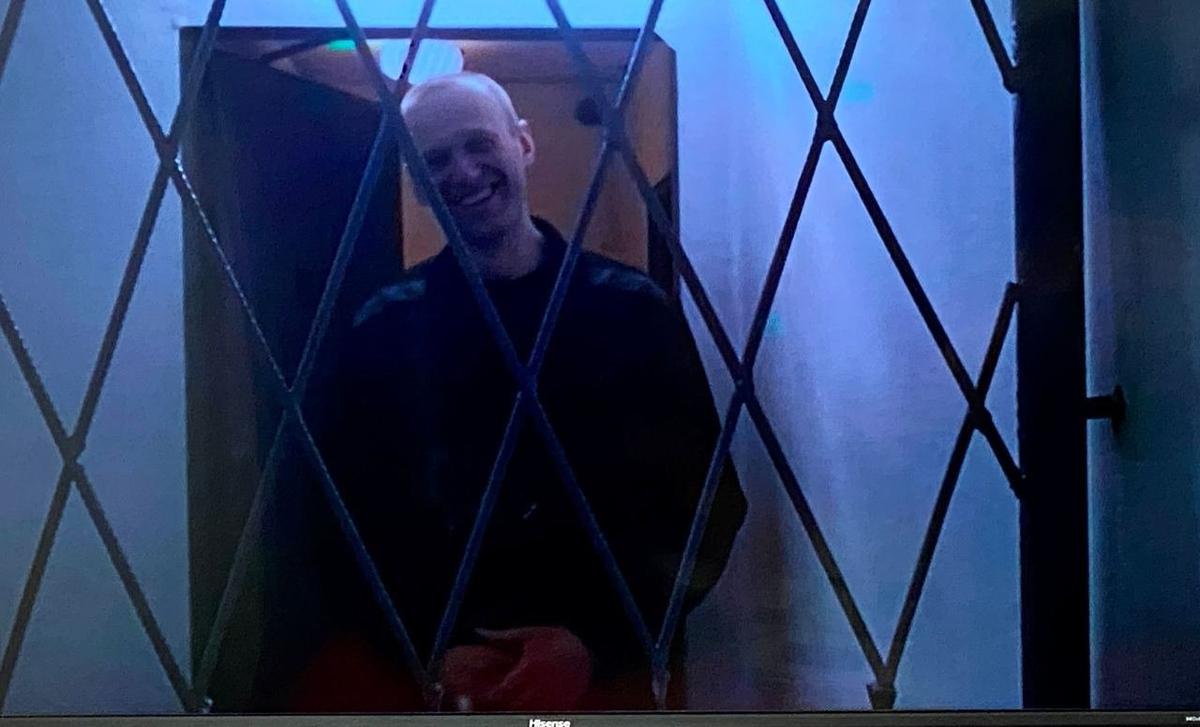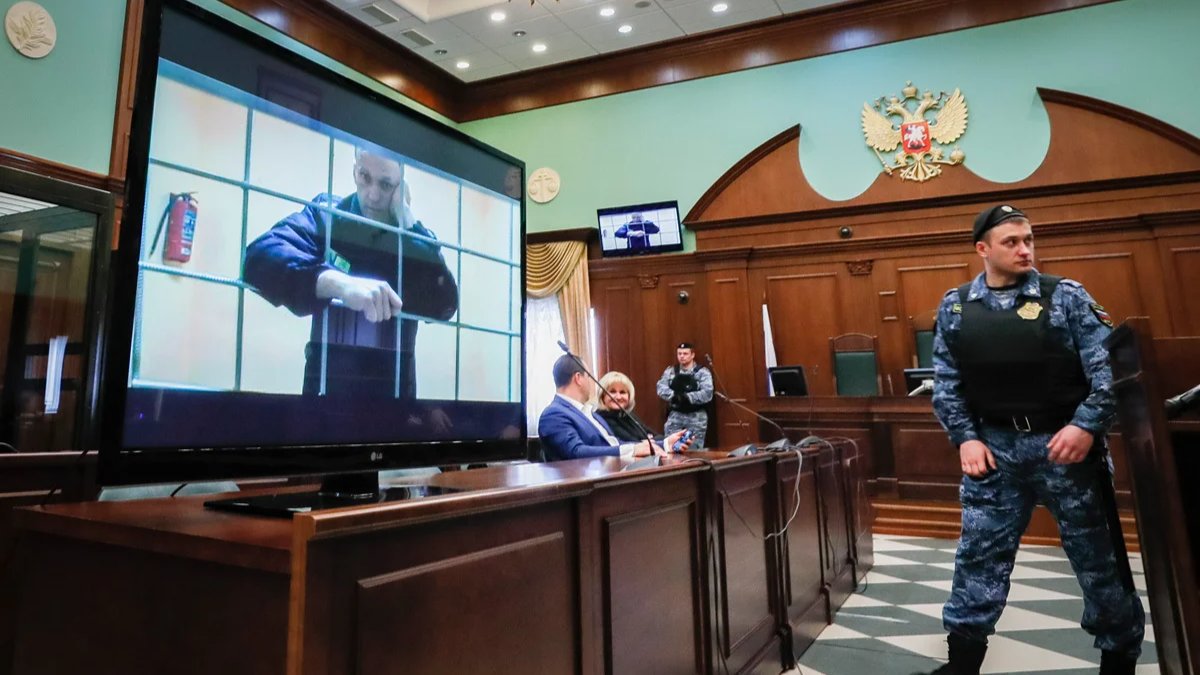Alexey Navalny spent over 300 days in solitary confinement and some 1,120 days behind bars in total. Here we reconstruct the last years of the politician’s life.
According to the Federal Penitentiary Service in the Yamalo-Nenets autonomous district, opposition politician Alexey Navalny died in his penal colony on Friday. He had apparently felt unwell after a walk and subsequently lost consciousness. State propaganda outlet RT said that he had suffered a blood clot. Telegram channel Baza wrote that Navalny became ill at about 1pm, after which he received medical treatment before dying at 2:17pm.
The Public Supervisory Commission of the Yamalo-Nenets Autonomous District, a civic board responsible for monitoring human rights in Russian prisoners, said that Navalny hadn’t been complaining of any health problems in the run up to his death.
Three years ago, Navalny returned to Russia from Germany where he had received treatment after being poisoned with the Novichok nerve agent. He was immediately arrested and held first in pre-trial detention and then in a penal colony.
Navalny attended a hearing as part of his lawsuit against his former prison, Vladimir Colony No. 6 on Thursday. His lawyer, Alexander Fedulov, addressed the court, arguing that the penal colony had violated the confidentiality between Navalny and his lawyers as sound equipment and a video camera had secretly been installed to record their meetings.
Navalny looks healthy and in good humour in a video of the court appearance.
Navalny and his lawyers repeatedly appealed to courts with complaints about the conditions of Navalny’s imprisonment. They have decried rules that limit mealtimes to 15 minutes and that prohibit inmates from keeping more than two religious books in their cells.
Another recent appeal challenged the prison’s ban on family visits. During that hearing, Navalny told the court that 18 letters to him, including letters from his wife and daughter, had been withheld, supposedly for referencing “extremism”.
Navalny’s team said he hadn’t seen or spoken to his wife or children for a year and a half.
During his three years of imprisonment, Navalny was sent to solitary confinement 27 times, spending about 300 days there in total. On 14 February, he was once again sent back to solitary confinement just days after his previous spell there had ended.

Navalny during a court hearing in January. Photo: Mediazona
In early December, Navalny’s family members and team said they did not know where he was. On 25 December, his team announced that he had been found in Corrective Colony 3, also known as the Polar Wolf Colony, in the Yamalo-Nenets Autonomous District. Corrective Colony 3 is one of the most remote — and farthest north — detention centres in Russia.
The next day Navalny wrote his first letter from the new penal colony, and described the “rather tiring” 20-day transfer but signed off by saying:
“Don’t worry about me. I’m doing fine.”
In August 2020, Navalny was poisoned by the FSB on a flight from the Siberian city of Tomsk to Moscow. The plane made an emergency landing in Omsk and Navalny received medical treatment that saved his life. A few days later he was flown to Berlin where he was treated in the city’s Charité Hospital. Independent laboratories in Germany, France and Sweden concluded that Navalny had been poisoned by a form of the nerve agent Novichok, a Soviet-manufactured chemical weapon, a conclusion that was subsequently upheld by experts at the Organisation for the Prohibition of Chemical Weapons.
After spending months recovering in Berlin, Navalny flew back to Moscow on 17 January 2021, where supporters had gathered to greet him upon his arrival at Vnukovo Airport. However, shortly before landing, his flight was redirected to Sheremetyevo Airport, where Navalny was met not by friendly faces and his political supporters but by law enforcement officers who remanded him in custody.
Navalny was sentenced to nine years in prison in March 2022 on charges of fraud and contempt of court, adding on to his previous sentence of two years and five months for embezzlement.
In August, Navalny was sentenced to 19 years in a special regime colony for establishing an “extremist community”. The trial was held behind closed doors, with Navalny’s parents not even allowed to enter the court hall to hear the verdict.
The new criminal cases kept piling up, seemingly as a ploy to add more years to his sentence: Navalny was tried for rehabilitation of Nazism, calls for extremism, setting up an extremist community, creating an NGO infringing on the rights of citizens, and involving minors in illegal activity. One of his latest charges, announced by Navalny in December, was for “vandalism motivated by hatred”.
Join us in rebuilding Novaya Gazeta Europe
The Russian government has banned independent media. We were forced to leave our country in order to keep doing our job, telling our readers about what is going on Russia, Ukraine and Europe.
We will continue fighting against warfare and dictatorship. We believe that freedom of speech is the most efficient antidote against tyranny. Support us financially to help us fight for peace and freedom.
By clicking the Support button, you agree to the processing of your personal data.
To cancel a regular donation, please write to [email protected]

